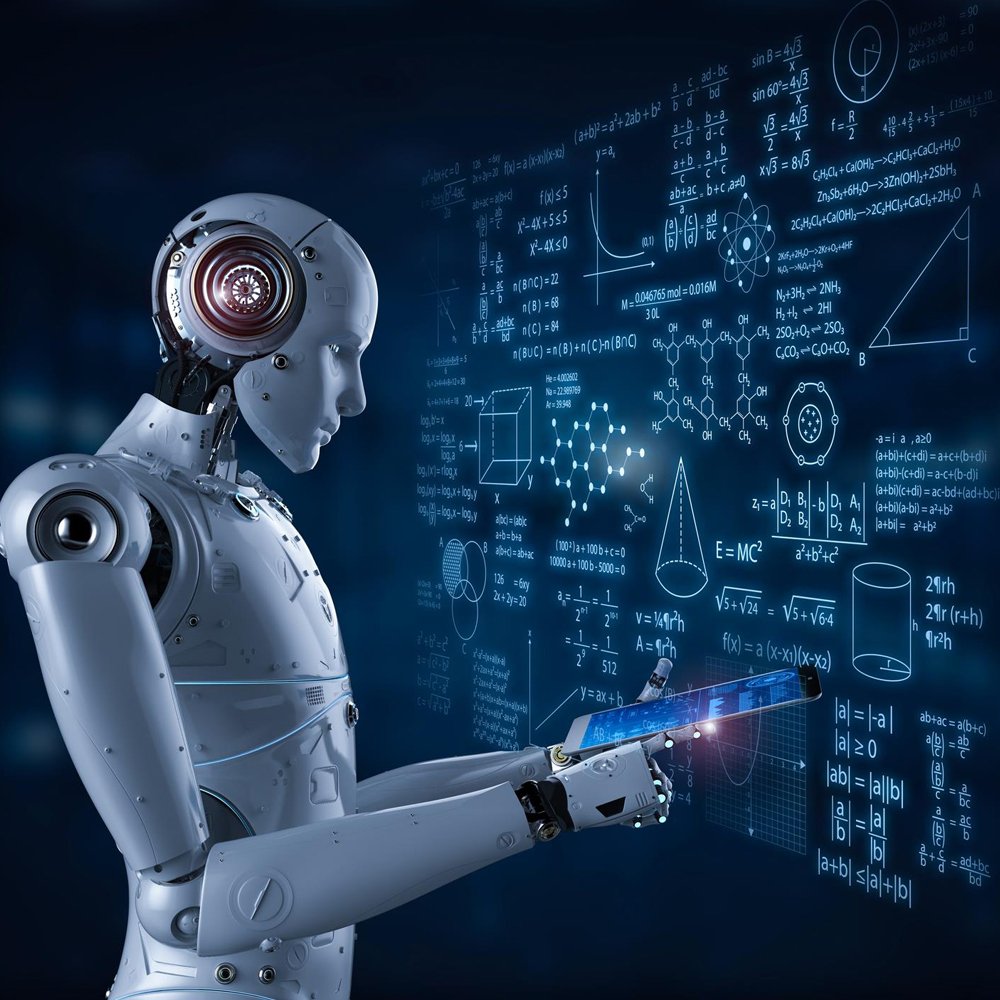Introduction
The concept of an alien invasion has captivated human imagination for decades, often serving as a thrilling theme in science fiction literature and movies. While no evidence of alien presence or impending invasion exists, it is intriguing to explore the hypothetical scenario and contemplate the potential role of artificial intelligence (AI) in such an event. This article delves into the hypothetical applications of AI in the event of an alien invasion, recognizing that this discussion is purely speculative and falls within the realms of imagination and fiction.
Early Detection and Monitoring
In the event of an alien invasion, early detection and monitoring would be paramount. AI systems equipped with advanced sensors, surveillance technologies, and deep-space telescopes could continuously scan the skies, analyzing vast amounts of data for any signs of extraterrestrial activity.
AI algorithms could identify unusual patterns, anomalies, or unidentified flying objects (UFOs) that may indicate the presence of alien beings or spacecraft. Such early detection would provide crucial information for defense strategies and potential diplomatic engagement.

Communication and Translation
Should contact be established with alien entities, AI could potentially act as a mediator, facilitating communication by bridging language barriers. Advanced language processing algorithms and machine learning models could attempt to decipher and understand alien languages, helping establish basic communication and information exchange.
While the challenges of interpreting completely unknown languages would be substantial, AI systems could leverage their capacity to learn and adapt to gradually decode the alien communication, enabling more effective interactions.
Data Analysis and Strategy
AI’s ability to analyze vast amounts of data could prove invaluable in an alien invasion scenario. By processing information from various sources, including historical data, encounters with the invaders, and satellite imagery, AI systems could identify patterns and formulate strategies.
These AI-driven analyses could assist in predicting enemy movements, identifying potential weaknesses, and recommending defense mechanisms. Through continuous learning and adaptation, AI algorithms could optimize defense strategies and counteract the alien threat.

Autonomous Defense Systems
In the face of an alien invasion, autonomous defense systems powered by AI could play a crucial role in protecting human populations. Intelligent drones, robotic weapons, and automated defense networks could be deployed to engage the invaders, safeguard critical infrastructure, and minimize human casualties. AI-driven systems would possess the capability to learn from the invaders’ tactics, adapting and enhancing defense capabilities over time. This autonomous response would enable quick decision-making, efficient resource allocation, and coordinated efforts to counter the extraterrestrial threat.
Resource Management and Coordination
Efficient resource management and coordination are vital during an alien invasion. AI systems could optimize resource allocation, manage supply chains, and coordinate rescue and evacuation efforts. By analyzing real-time data, AI algorithms could make informed decisions to maximize the use of available resources, minimize human casualties, and prioritize critical needs. This would streamline the distribution of supplies, coordinate rescue missions, and ensure efficient deployment of personnel and equipment to areas under threat.
Public Information and Support
During an alien invasion, providing accurate information and support to the public is crucial. AI-powered systems, such as chatbots, virtual assistants, and AI-driven communication platforms, could disseminate important updates, address inquiries, and deliver safety guidelines in real-time.
These AI systems would act as a reliable source of information, helping keep the population informed, calm, and prepared for potential challenges. They could also offer support by connecting individuals with emergency services, providing guidance on evacuation procedures, and offering reassurance during uncertain times.

Conclusion
While the scenario of an alien invasion remains purely speculative and within the realms of fiction, contemplating the role of AI in such an event sparks intriguing possibility. From early detection and communication to data analysis, defense systems, resource management, and public support, AI could contribute to various aspects of human response and preparedness.
It is essential to remember that the discussion presented here is purely hypothetical and based on fictional scenarios. Nevertheless, exploring these hypothetical applications allows us to appreciate the potential of AI technology in extraordinary and imagined circumstances.



